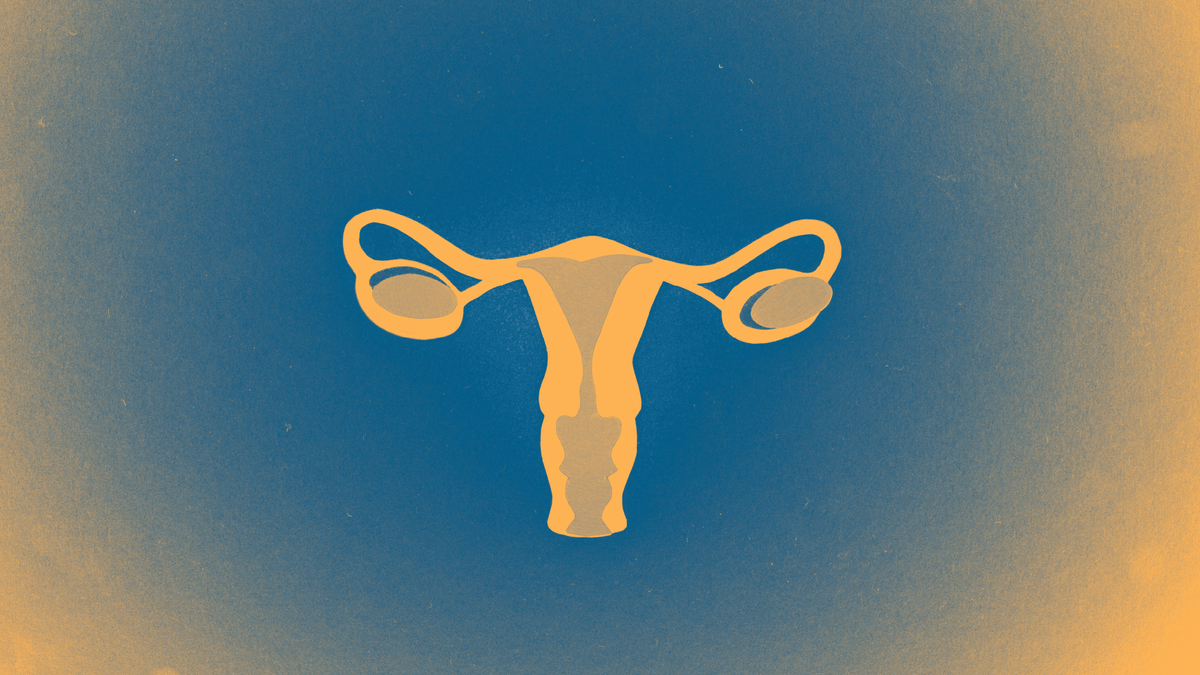Lawsuits challenging abortion bans spark polarizing discussion
Posts also called attention to pregnancy-related deaths in Georgia and shared false claims about trans people and lactation.

Posts also called attention to pregnancy-related deaths in Georgia and shared false claims about trans people and lactation.
This past week, two lawsuits challenging abortion restrictions in Kentucky and Idaho initiated online debate about the ethics of abortion. Some posts downplayed the impact of abortion bans on the health of pregnant people, and others suggested that people use abortion as birth control. In other conversations, posts discussed a July report ranking Georgia 46th in maternal and reproductive health care—with some comments suggesting that teaching abstinence is the best way to prevent pregnancy-related deaths. Discussions also responded to the resignation letter from a founder of La Leche League International who spoke out against transgender parents breastfeeding (sometimes called “chestfeeding”) infants.
These conversations show ongoing confusion about when and why people need abortions and provide an opportunity to reiterate how abortion bans and restrictions impact the health of pregnant people. Communicators may also share breastfeeding and chestfeeding resources for trans people.

Insights brought to you by the reporters and science writers of Public Good News (PGN), a nonprofit newsroom dedicated to improving community health.
What’s trending nationally in reproductive health conversation:
Two recent lawsuits challenging abortion restrictions generated online conversation. In Kentucky, a pregnant woman filed a lawsuit to overturn the state’s near-total abortion ban, arguing that it violates constitutional rights to privacy and self-determination. In Idaho, four women who were denied abortions for fatal fetal anomalies, two physicians, and the Idaho Academy of Family Physicians are suing the state, claiming that the state’s abortion ban is unconstitutionally vague and should allow exemptions for pregnancy complications (currently, Idaho only allows exemptions during the first trimester in cases of rape or incest). Multiple news articles covered the lawsuits, and social media posts sharing the articles received tens of thousands of likes. Comments on posts about the lawsuits demonstrated polarized views on abortion. Some advocated for greater abortion access and warned about the health impacts of abortion bans. However, many comments argued against abortion access, equating abortion with murder. Some also falsely claimed that abortion bans are not causing pregnant people to die and alleged that people use abortion as birth control.
On November 11, a Georgia health care advocacy group shared an article originally published in August about a Commonwealth Fund report ranking Georgia 46th in maternal and reproductive health care. The post—which received approximately 2,300 likes, 790 shares, and 640 comments as of November 19—noted that there have been preventable pregnancy-related deaths in the state. Some comments attributed Georgia’s low ranking to the state’s six-week abortion ban. Others claimed that abortion access is not necessary and that abstinence-only education is the best way to prevent pregnancies and pregnancy-related deaths.
On November 6, Marian Tompson, a founder and board member of the breastfeeding advocacy group La Leche League International, resigned due to the organization’s inclusion of transgender parents in breastfeeding and chestfeeding support. One Facebook post sharing Tompson’s resignation letter received more than 750 comments as of November 19, with most comments applauding Tompson’s stance. Some suggested that La Leche League International is infringing on “safe spaces” for cisgender women by creating trans-inclusive resources and falsely claimed that trans parents cannot breastfeed or chestfeed.

Recommendations brought to you by the health communication experts behind Infodemiology.com.
Recommendations for public health professionals
Each week, the Infodemiology.com team will provide messaging recommendations in response to some of the trending narratives outlined above. These helpful tips can be used when creating content, updating web and FAQ pages, and developing strategy for messaging about reproductive health.
In response to confusion about how abortion bans impact pregnant people’s health, messaging may emphasize that these bans have been shown to delay lifesaving care for people experiencing miscarriage. Claims that people use abortion “as birth control” provide an opportunity to reiterate that birth control and abortion are two different forms of reproductive health care. Birth control prevents a pregnancy from occurring, whereas abortion ends a pregnancy. It is unlikely that abortion would be used in place of contraceptives like birth control pills, IUDs, or condoms given the time and cost required to seek abortion pills or an in-clinic abortion. Recirculating information about the types of birth control and where people can access them is recommended. Communicators may also explain that abstinence-only sex education has not been shown to reduce the incidence of pregnancy among young adults. However, comprehensive sex education that includes information about contraception has been shown to reduce unplanned pregnancy rates.
Conversations about breastfeeding allow communicators to highlight the benefits of breastfeeding or chestfeeding for all babies. Messaging may explain that trans women, trans men, and other trans individuals may be able to produce milk, although doing so might require medical intervention. Communicators may also circulate resources for infant feeding, including information about supplementing with formula or donor milk. Sharing lactation resources for trans parents and caregivers and local trans-inclusive lactation consultants is recommended.
